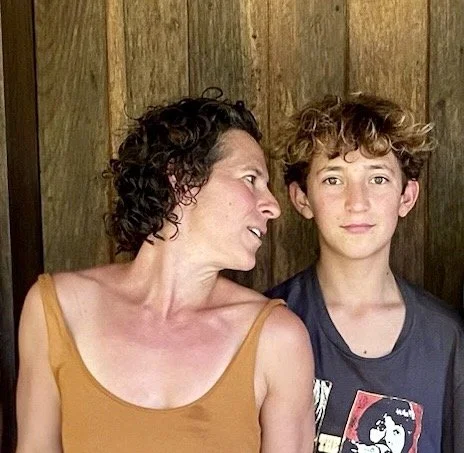Tools to Deal with Knee Jerk Reactions (Free Worksheets)
I don’t know about the rest of you people out there, but my in-the-moment, knee-jerk reaction when I’m triggered comes so quickly that I can often hardly manage to slow it down. Over the years, I have been compiling a list of tools to help me deal with my reactions. These tools are geared for couples because I see many couples and my couplehood is constantly teaching me and challenging me. However, these tools are great for all relationships! Teenage children can really trigger us and activate old stories. Basically, anyone whom we are close enough to, to feel vulnerable and triggered with are people with whom you may need to use these strategies.
We all get swept up in our stories. We all need help to become better communicators and connectors.
We are all looking for connection, and sometimes that means catching ourselves before we say something unhelpful; and other times it is about repairing the situation.
Here are my favorite tools for:
-Bringing awareness to myself once triggered;
-Repairing the damage if I say something hurtful;
-Helping me communicate what is happening within the communication and connection to avoid future disconnecting situations.
We often try to be passive and get in trouble for this. Terry Real, the innovator of Relational Mindfulness encourages couples to embrace the art of “soft power” rather than merely reacting to what you get. Or “sweeping issues under the rug,” instead of “rocking the boat” (so many euphemisms), all of which leaves us resentful and unsatisfied…
Soft Power is standing up for yourself and the relationship in a skillful way. Instead of being reactive, we become intentional. We ask for what we want with kindness and respect (even when the other person is being an asshole). When we react to an asshole, like an asshole, nothing changes. For change to happen, someone needs to stop playing the same game. However, you can’t just let it go; you must rock the boat with finesse. As Terry Real says: “it's about standing up for yourself and asking for what you want while cherishing your partner in the same breath.”
Soft Power is the difference between "Don't talk to me like that!" and "I want to hear what you have to say. Could you say it differently so I can listen?"
The PDF’s that are included here cover strategies for facilitating smoother couples’ discussions as well as, individual self-reflections and prompts.
“How to Be A Great Listener” is a classic Gottman Institute PDF with lots of suggestions for better communication strategies, especially listening.
“How Do You Know if You Have a Wound?” and “My Part in This Relationship” are helpful to reflect on your own reactivity and triggers.
“Feel the Fear Exercise” and “Feel the Feelings Strategy” are both helpful to go inside and become aware of your own emotions, thoughts, self-talk, and physical sensations. By being present with the distilled version of our feelings, we stop attaching old stories and our judgments.
“Mapping Vulnerability Cycle” is a great tool by Alexandra Solomon to help illuminate each partner’s tender spots, reactions, and deep longings.
The following tools are helpful for changing communication patterns:
"Hallmarks of Effective Communication"
“How To Take A Time Out When Arguing” and “The Antidote to Flooding” explain taking time outs and how to use them effectively.
“The Gottman Repair Checklist” and “Building Your Secure Cycle Worksheet with Repairs” offer some helpful repairs to help pull you out of a conflict.
"Alexandra Solomon’s: Can I hear you back?" gives an alternative way to react and discuss when a potentially difficult conversation comes up.
“The Gottman-Rapoport Intervention” offers a different way to discuss issues that you disagree about.
“Processing a Conflict” is a structure to discuss a past conflict, regrettable incident, hurt feelings, fight or disagreeable situation. The intervention is drawn from both Terry Real’s work and John & Julie Gottman.
The first time you try something new can feel awkward, but with each round of practice, you get better and more comfortable. The neural pathways involved become more well-traveled, gradually forming a new, dominant route. But you have to start and interrupt the old pattern!
Are you looking for help with your relationship? Do you feel that a relationship coach could help you working on your couples skills? Is communication an issue? Have you ever considered couples therapy or counseling? As a psychotherapist and relationship coach, I am uniquely positioned to help you through these moments of disconnect and conflict.
__
Learn more about my approach to life consulting and relationship coaching here or get in touch for your free 30-minute consultation here! Don’t forget to follow along @LilyManne on social for more regular updates!


